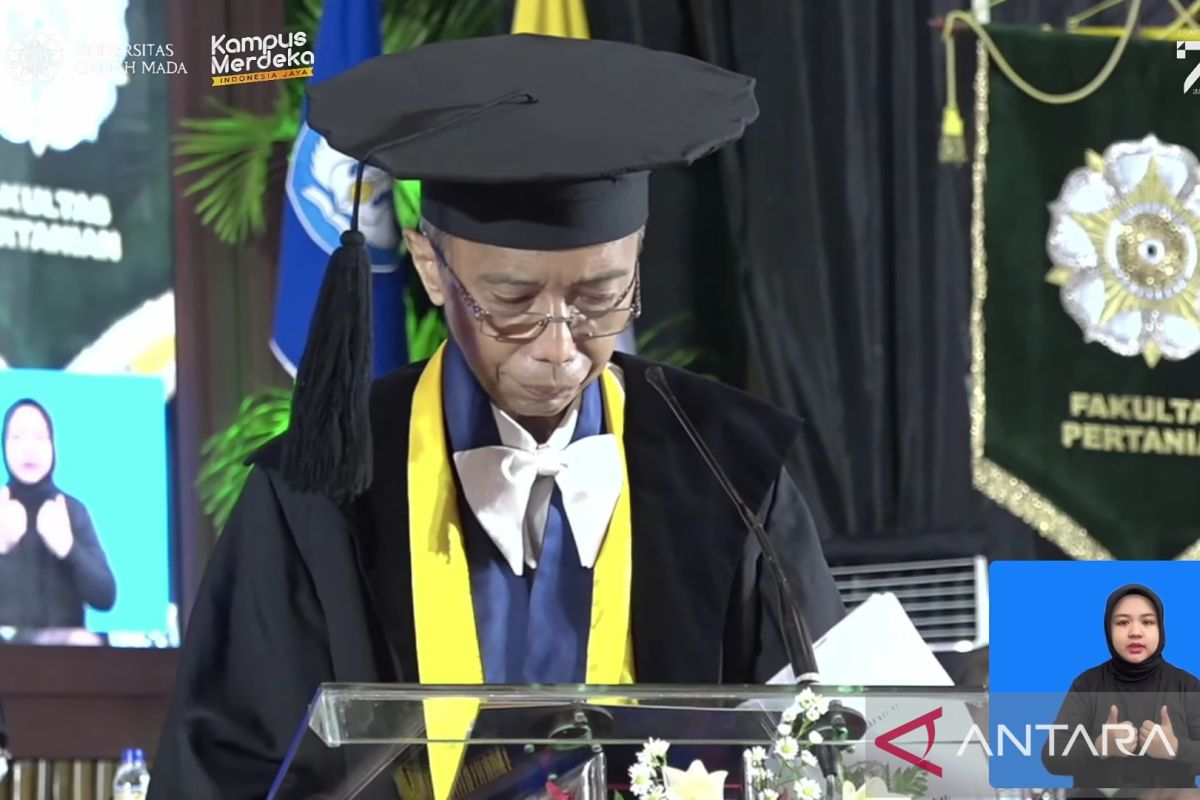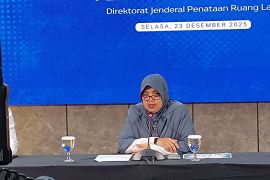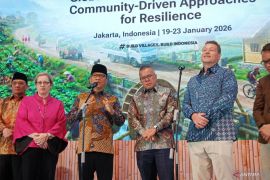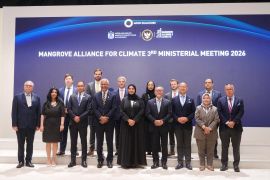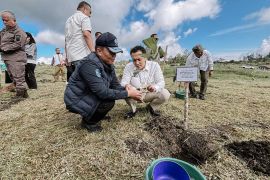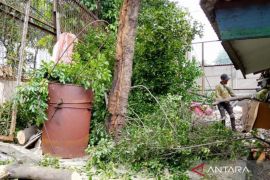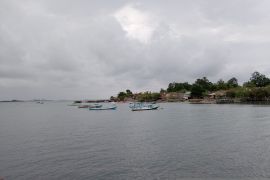"Climate conditions are increasingly difficult to predict and more extreme. Pest and disease attacks have also become increasingly vicious," Sri Raharjo explained during the UGM’s anniversary commemoration event, which was followed online from here on Monday.
The increasing proportion of the elderly population, the emergence of food consumers who are increasingly concerned about the effects of food on health, and the demand for meeting specific food needs for each individual would also pose a challenge to food security.
"The next challenge will be increasing the income of the people who need food provision and food serving services that are increasingly diverse," he said.
Food marketing and distribution will also expand beyond the borders of countries.
On the one hand, the expansion of food distribution will have the potential to increase the market share of local products, but on the other, it will create increasingly fierce competition with products from other countries.
"The current and future challenge is how to produce sufficient and diverse food, especially to meet the needs of Indonesia's large and increasing population," Raharjo said.
Indonesia is estimated to grow 60 to 70 percent more food than it produces today, both with the same land area and with less and less land.
"The capacity of the remaining natural resources tends to decrease. In addition, the use of water resources is too large, while water pollution is increasingly widespread, and greenhouse gas emissions must be reduced," he said.
To meet future food needs, vacant lands will need to be used to grow food, the productivity of agricultural products will have to be increased, and the use of natural resources will also need to be made more efficient, he added.
Next, the consumption of healthier foods will also need to be increased, while the failure of agricultural crops and the amount of food that ends up as waste will have to be reduced, he said.
"The implementation of these alternative policies is expected to increase food availability by up to 100 percent with a minimized impact on the environment," he added.
Related news: Ministry seeks gender-responsive climate change policies
Related news: Research, innovation necessary to address food sector challenges: KSP
Translator: Sanya Dinda Susanti, Katriana
Editor: Rahmad Nasution
Copyright © ANTARA 2022
